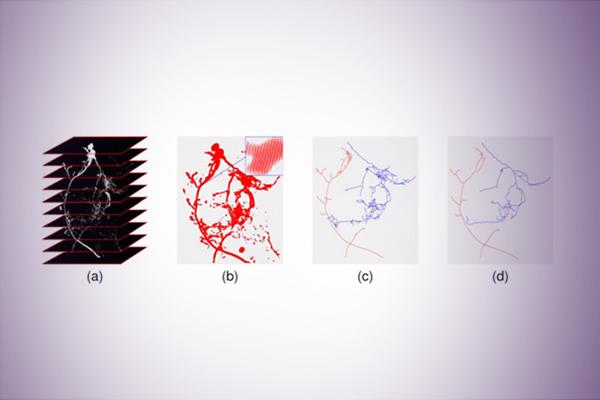
Mon, July 15 - Thu, July 18, 2019
8:00 am - 5:00 pm
MBI Auditorium, Jennings Hall 355
The Curriculum Design Workshop is the first phase of MBI's TRIPODS+X:EDU: TGDA+Neuro program, a partnership with Ohio State's TGDA@OSU. Faculty participants in the workshop will follow a modified course design experience facilitated by The Ohio State University Center for the Advancement of Teaching. The curriculum will be designed around the following program objectives:
- To understand the purpose and use of different imaging modalities, in neuroscience research.
- To understand the data processing steps from raw images to working data files for analysis. These usually include co-registration of structural and functional imaging modalities, motion correction and spatial smoothing, among others.
- To understand the potential of geometric and topological methods for neuroscience data analysis to extract relevant features, and provide insight into the underlying structure in the data.
- To be proficient in the use of standard computational packages based on TGDA methods.
- To be able to communicate results from TGDA methods applied to neuroscience data to diverse audiences.
Participation in the workshop is limited to members of the TGDA+Neuro Program organizing committee.
